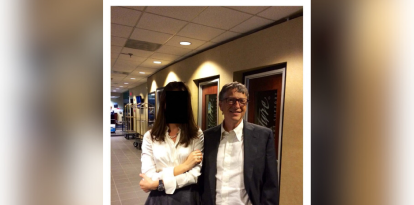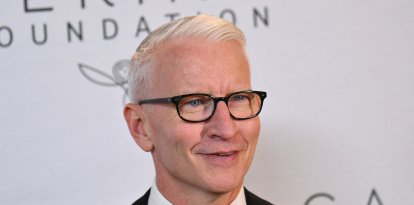Nearly half of Americans have an unfavorable opinion of the UN
Its reputation is deteriorating due to the progressive decision-making and direction set by the organization's leadership.

António Guterres, UN secretary-general
The United Nations (U.N.) has seen its reputation and credibility decline over the years, becoming increasingly negative. This decline stems from the organization's actions and decisions on geopolitical matters, as well as its handling of certain social issues outlined in the 2030 Agenda, which was adopted in 2015.
One of the countries where this loss is most notably perceived is in the United States, since, according to a survey by Rasmussen Reports, only 45% have a somewhat or very favorable opinion of the U.N., compared to 55% in 2016.
In less than a decade, during which the organization has been forced to intervene frequently, it has experienced a decline of ten points.
In contrast, 47% of Americans now view the U.N. unfavorably, including 17% with a very negative opinion, up from 37% in 2016.

World
Net-zero emissions: the UN's utopian plan clashes with reality and falls apart
Alejandro Baños
The U.N.'s recent shift toward a progressive agenda and partisan decision-making in international conflicts has led to its reputation reaching an all-time low.
The true embodiment of this progressive shift is the 2030 Agenda, through which the U.N. imposes its perspective and sets the course for member countries on issues such as education, climate, despite the recent failures of its summits, health, and wealth redistribution.
On the other hand, regarding international conflicts, the U.N. has come under heavy criticism for its management and actions. It has also been accused of involvement, as seen on October 7, when it was revealed that several workers from the United Nations Relief and Works Agency for Palestinian Refugees (UNRWA) were allegedly collaborating with Hamas terrorists who attacked Israelis.

























